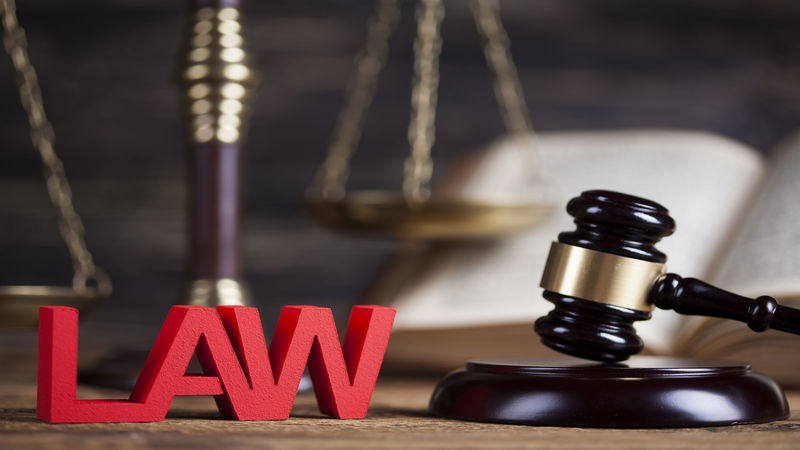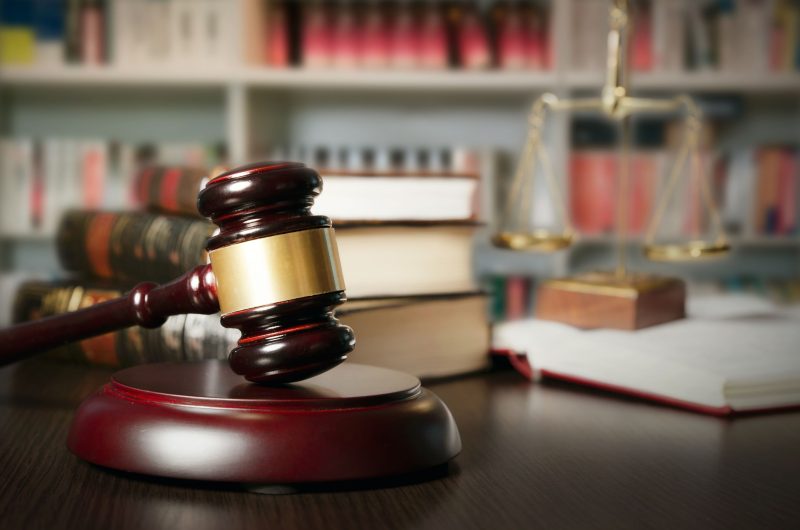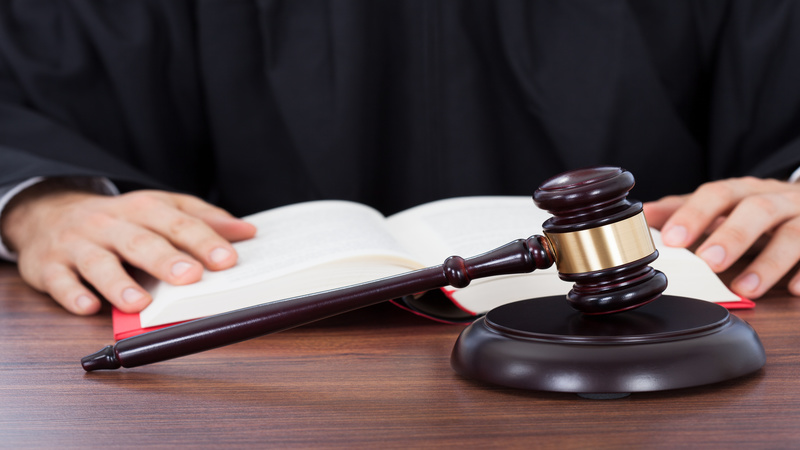Married couples are often faced with both marital debt and debt that one spouse incurred individually. Debt can take a financial toll on the family, regardless of whether it is joint or individual, such as large credit card balances, defaulted mortgage payments, and lawsuits filed related to the nonpayment of debt, which can lead to substantial judgments for the money owed. The good news is, sometimes the fact that the parties are married gives jointly owned property more protection.
After a creditor obtains a judgment against one spouse, the creditor may try to place a lien on nonexempt property, such as a paid-off car or home, or garnish bank accounts – sometimes overlooking or ignoring the fact that the property is marital and may actually be exempt from levy.
For example, in Florida, a bank account owned by both husband and wife is presumed to be held as tenancy by the entirety, and therefore completely exempt from levy. The Florida Supreme Court has also ruled that most real or personal property owned by both husband and wife is presumed to be held as tenancy by the entirety, thus also completely exempt and the creditor cannot levy on it. The debtor may be able to file a claim of exemption on that particular property to prevent it from being levied.
It is important to be aware that claiming an exemption is not always a permanent solution. For example, if the exemption is placed on a car, which is then sold, the proceeds are attachable. A more permanent solution to such financial difficulties may be bankruptcy, which enables the debtor to wipe out a substantial portion of his or her debt, or pay back a percentage of his or her debt over the course of a period of years.
A bankruptcy filing immediately puts in place an injunction to prevent creditors from garnishing wages, levying on nonexempt assets, and even initiating lawsuits. This presents an interesting situation when one spouse files bankruptcy individually. In any bankruptcy filing, the debtor must list all of his or her personal and real property, some of which may also belong to his or her spouse. If the property is owned jointly, the debtor cannot be required to turn that property over for the benefit of the unsecured creditors in a chapter 7 bankruptcy, and in certain types of chapter 13 bankruptcies, the debtor cannot be required to pay the value of that property to his unsecured creditors. Thus, if the debt is in only one spouse’s name, it is often beneficial for that spouse to file alone.
If you are currently facing financial difficulties, contact an experienced Jacksonville bankruptcy attorney to go through your options. The bankruptcy attorneys at Cleaveland & Cleaveland, P.L. offer a free consultation. Please contact our office.



